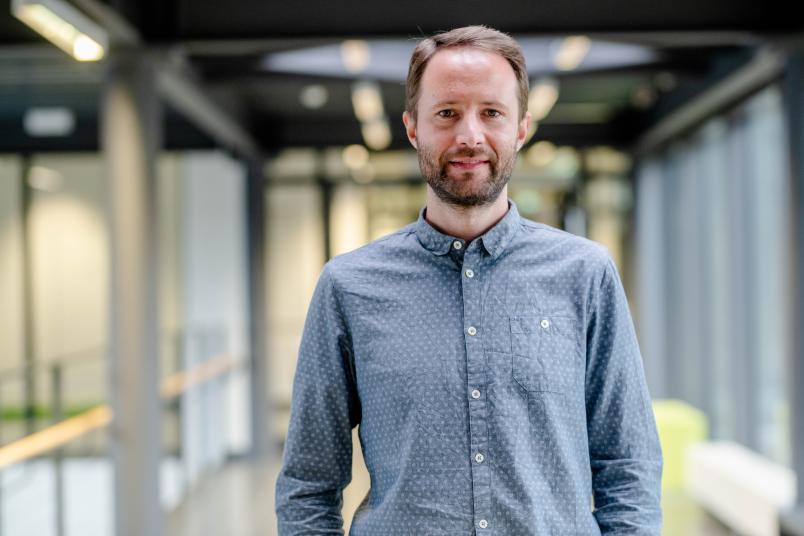
Material science
The intuition of algorithms
When disciplines merge, they reveal fascinating connections. This is why education must become more interdisciplinary.
If digitalisation continues at the current rate, materials scientists will very soon gain a better understanding and boost the development of materials and processes, basing them on the intuition of algorithms in addition to their specialist knowledge and experience. But machine intuition does not emerge randomly.
It requires not only interdisciplinary research projects and working groups, but also a broad, interdisciplinary education such as the new Bachelor’s programme in Materials Science; here, subjects such as materials informatics combine algorithms from the field of computer science with knowledge about materials from the field of physics.
We are already seeing results of this disciplinary fusion, as materials are better described at the atomic level, alloys are developed at a faster rate and experimental results are automatically evaluated. I am looking forward to an exciting development and I am curious to see which surprising unknown connections will reveal themselves to us in the future.